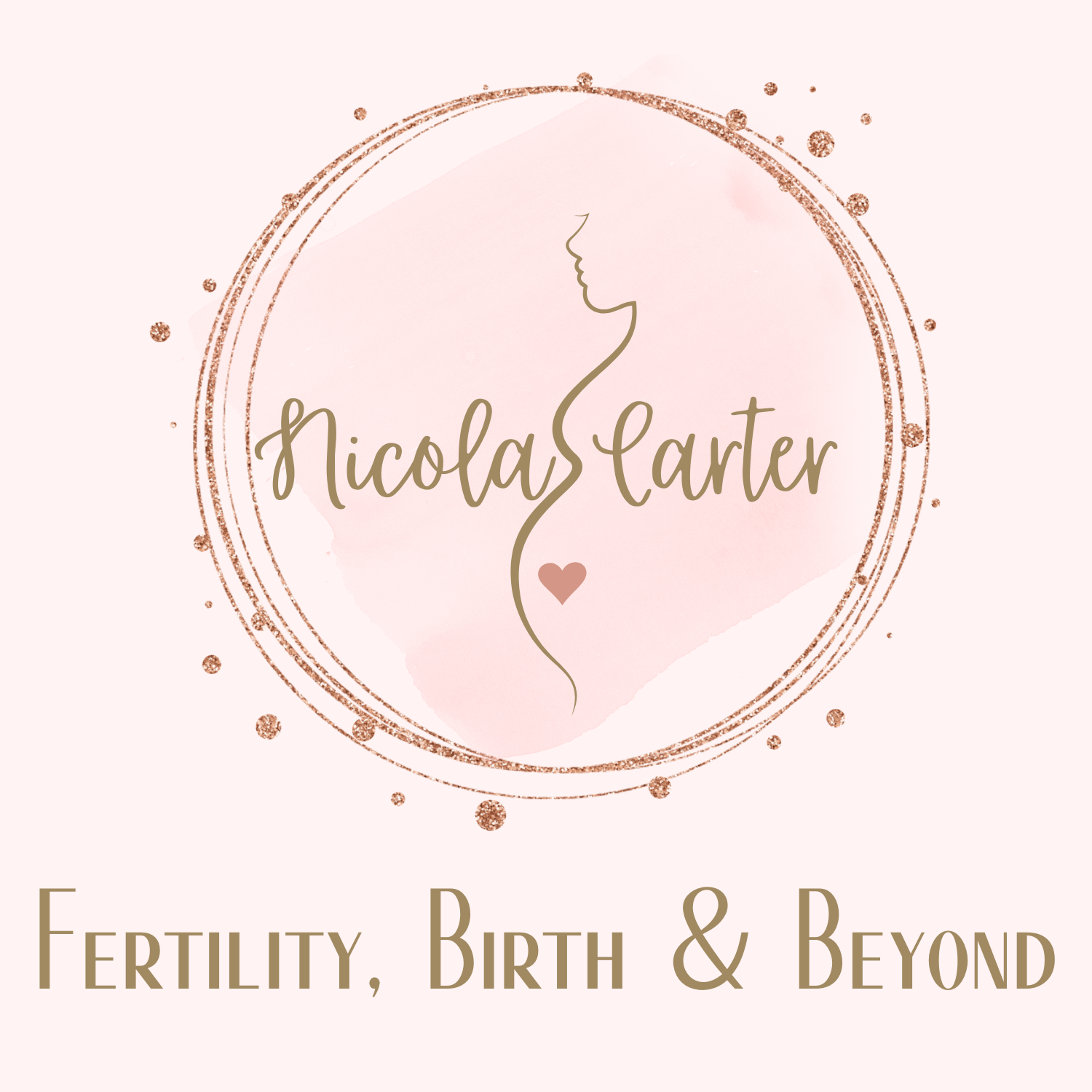What does a doula actually do?
A doula is a trained professional who provides emotional, physical, and informational support to a person during pregnancy, labor, birth, and postpartum. The word “doula” comes from the ancient Greek meaning “woman servant” or “caregiver.”
Doulas have been around for centuries, with traditional cultures often having a designated person to support a woman during childbirth. In more recent times, doulas have become more mainstream in the Western world, with an increasing number of women choosing to have a doula present during their birth experience.
One of the main roles of a doula is to provide emotional support to the birthing person. This can include things like helping them feel calm and relaxed, providing encouragement, and helping them to feel empowered in their birth experience. Doulas are also trained to provide physical support, such as helping with positioning and breathing techniques, and providing massage and other comfort measures.
In addition to providing emotional and physical support, doulas are also a valuable source of information. They can help the birthing person and their partner understand the process of labor and birth, and can provide information on different options for pain management and other interventions. They can also serve as a liaison between the birthing person and the medical team, helping to ensure that the birthing person’s wishes and preferences are respected.
Doulas can be especially helpful for people who are planning to have a natural birth, or who are trying to avoid unnecessary medical interventions. Studies have shown that having a doula present during labor and birth can lead to shorter labours, fewer interventions such as caesarean and vacuum or forceps assisted births, and increased satisfaction with the birth experience.
However, doulas can also be helpful for people who are planning to have a medicated birth or a cesarean section. They can provide emotional support and help the birthing person to feel more in control of the process, and can also provide information on different options for pain management.
It’s important to note that doulas are not medical professionals and do not provide medical care. They do not perform clinical tasks such as blood pressure checks, fetal heart rate monitoring, or vaginal exams. They also do not provide medical advice or make decisions about the care of the birthing person. They work in collaboration with the you to ensure the best possible outcome for your birth.
Choosing a doula can be an important decision and it’s important to find a doula that is a good fit for you. It’s important to meet with a few different doulas before making a decision, as it’s important to find someone who you feel comfortable with and who you feel understands your birth preferences.
In conclusion, doulas are trained professionals who provide emotional, physical and informational support to a birthing person and their partner during pregnancy, labor, birth, and postpartum. They help to ensure a positive birth experience by providing emotional support, physical support, and information about different options for pain management and other interventions. Doulas can be especially helpful for people who are planning to have a natural birth, but can also be helpful for those planning to have a medicated birth or cesarean section. Choosing a doula who is a good fit for you and your birth preferences is an important decision and one that can have a significant impact on your birth experience.

